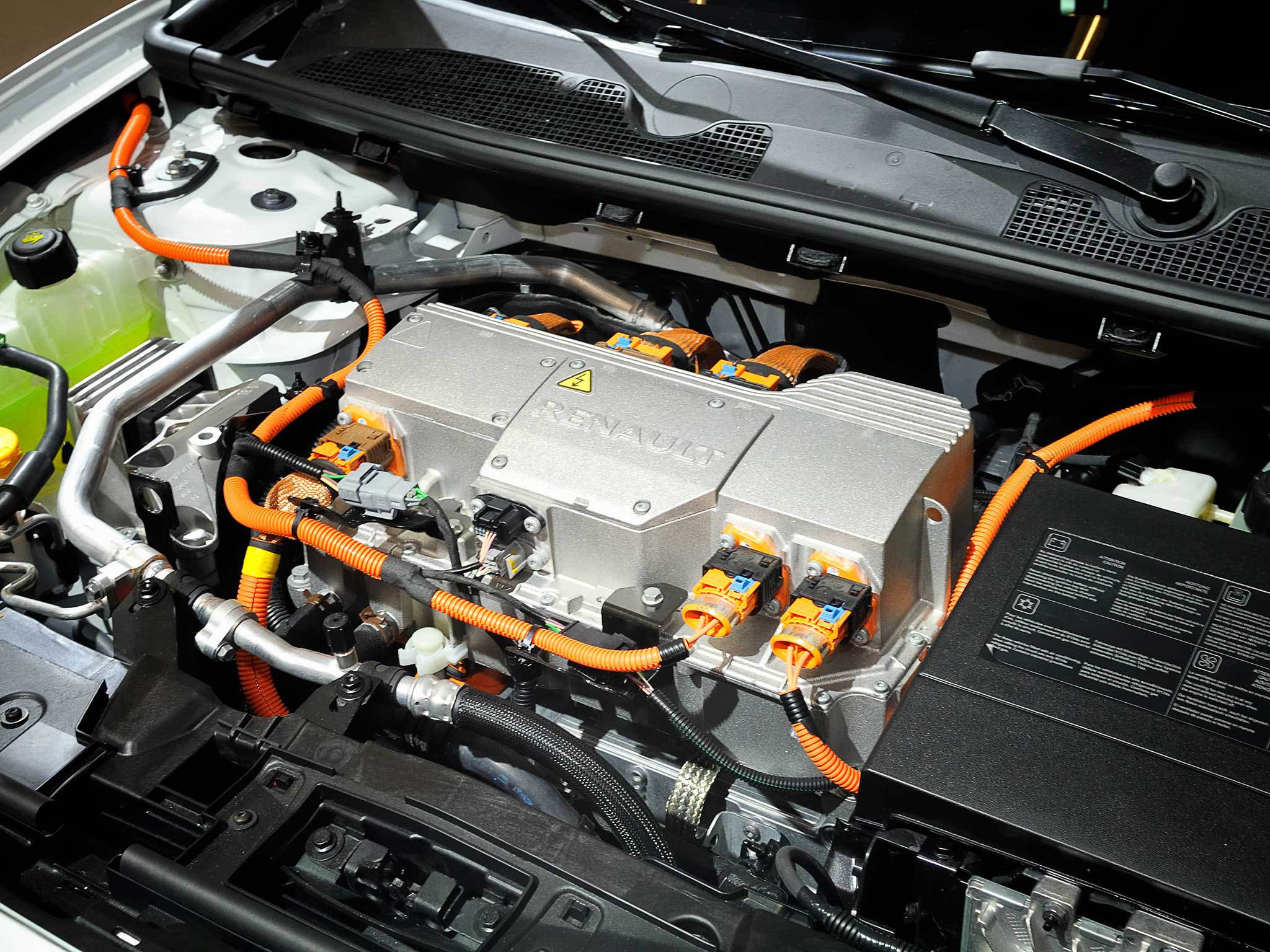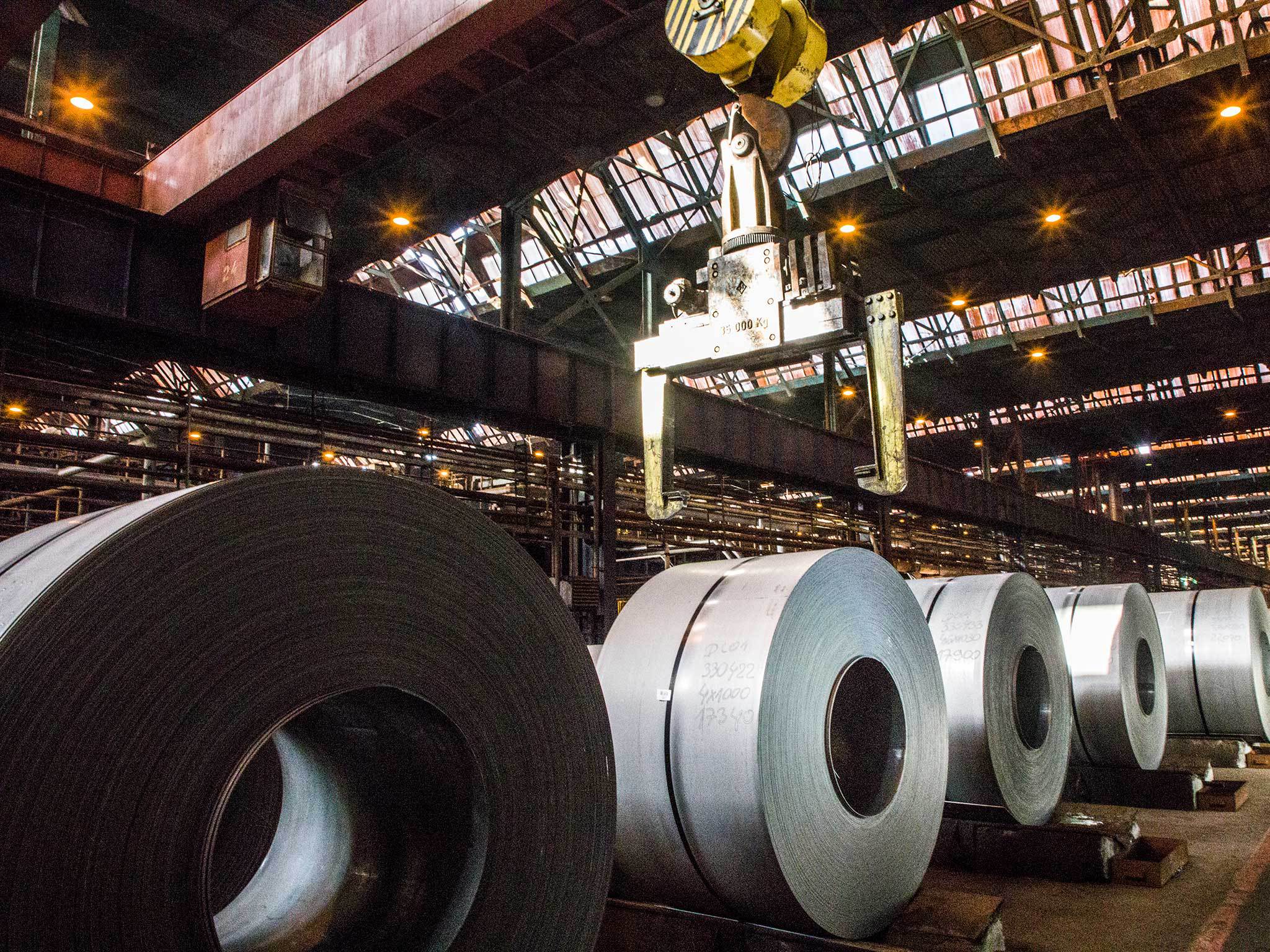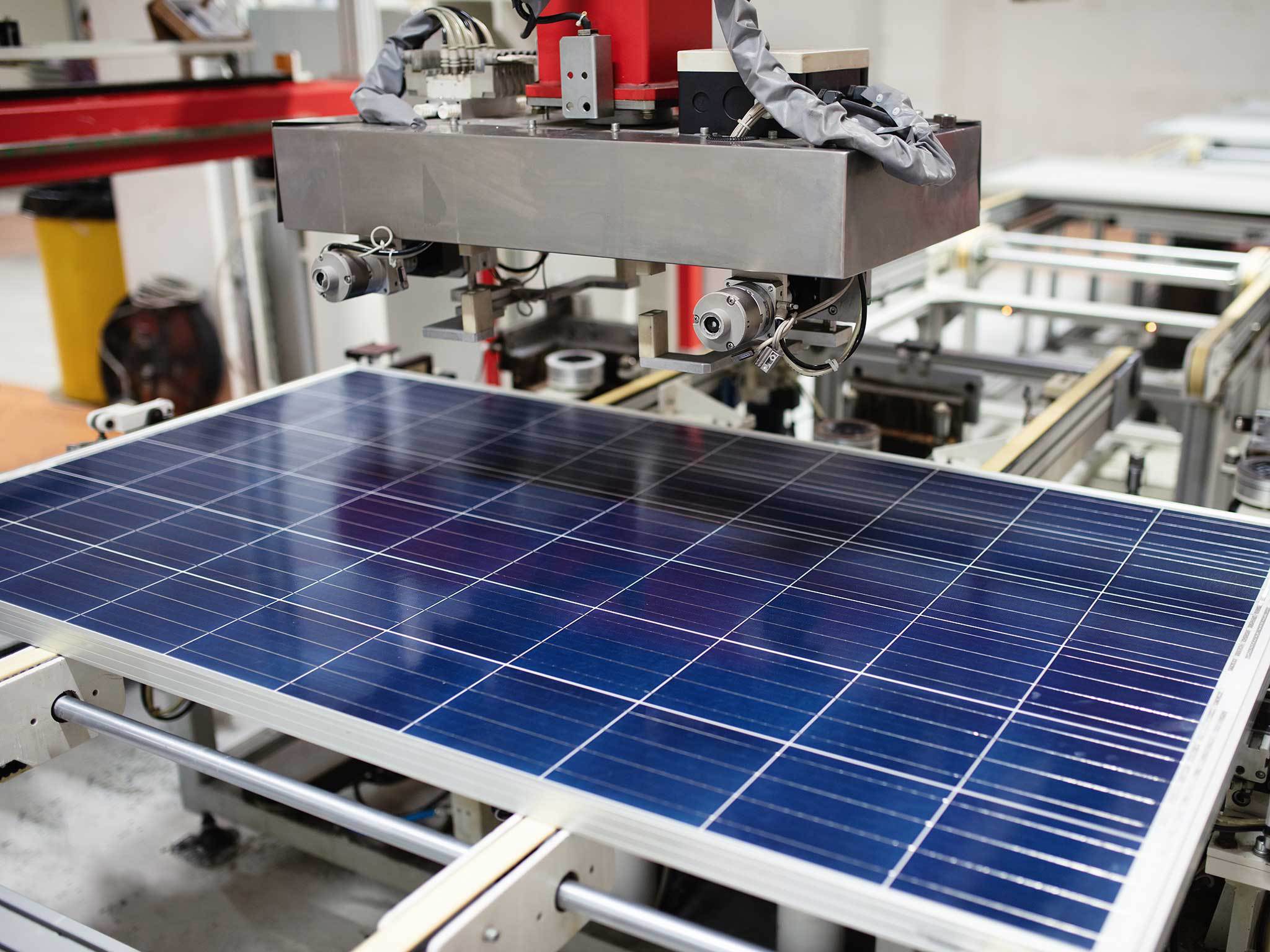
Silicon metal is a vital material that combines thermal stability, electrical conductivity, corrosion resistance, and a high strength-to-weight ratio—making it essential to North America’s modern energy, electronics, and industrial systems. It enables efficient power conversion, supports high-performance materials in demanding environments, and drives innovation in key sectors.

